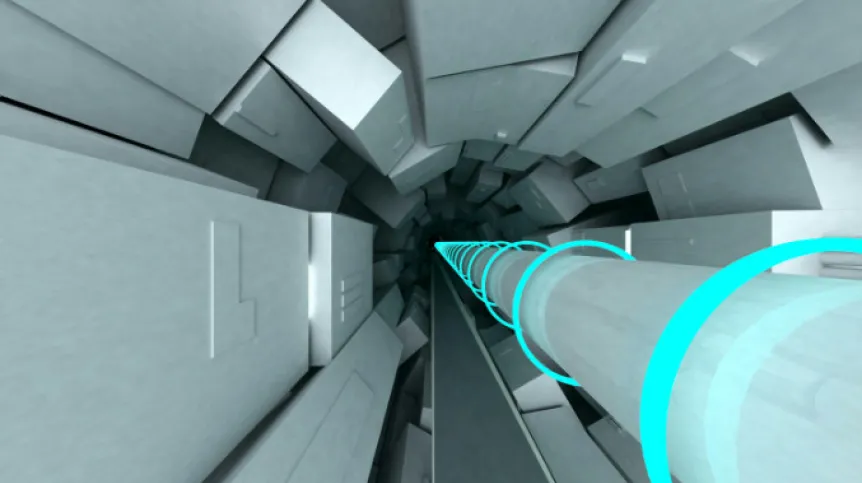
Researchers from the National Synchrotron Radiation Centre Solaris in Kraków obtained the first electrons. Then will be transferred to the linear accelerator, where they will be accelerated to a speed close to the speed of light.
Poland\'s first synchrotron, a particle accelerator that emits electromagnetic radiation of high intensity, is being built in Kraków in the Third Campus of the Jagiellonian University. It will be used for research in fields including biology, chemistry, physics, materials science, medicine, pharmacology, geology and crystallography.
According to the release sent by the Solaris synchrotron representatives, the first electrons were obtained using RF Gun. This is there the initial acceleration of electrons starts. Then they enter the linear accelerator, where they are accelerated to a speed close to the speed of light. All that to obtain synchrotron radiation, a unique light for research.
"Obtaining the first electrons from the electron gun was preceded by long hours of work of SOLARIS physicists, computer scientists and engineers. We anxiously waited to find out if all parameters had been correctly calculated and everything had been properly designed" - said Adriana Wawrzyniak, operations coordinator.
The scientists still have a lot of work and testing ahead of them, but - as they emphasized - the first success is a good sign for the near future, when they launch the synchrotron operation.
The cost of the Solaris project is nearly PLN 153 million, including nearly 50 million for the building. The project is funded entirely by the European Regional Development Fund in the Innovative Economy Operational Programme 2007-2013
About 60 synchrotrons operate throughout the world. They are a driving force behind the development of technology and have a huge impact on innovativeness and competitiveness of the economies in the countries in which they operate. Synchrotrons have contributed to the development of several groundbreaking diagnostic methods in medicine, and to Nobel Prize-winning discoveries.
PAP - Science and Scholarship in Poland
ekr/ mki/ mrt/
tr. RL













